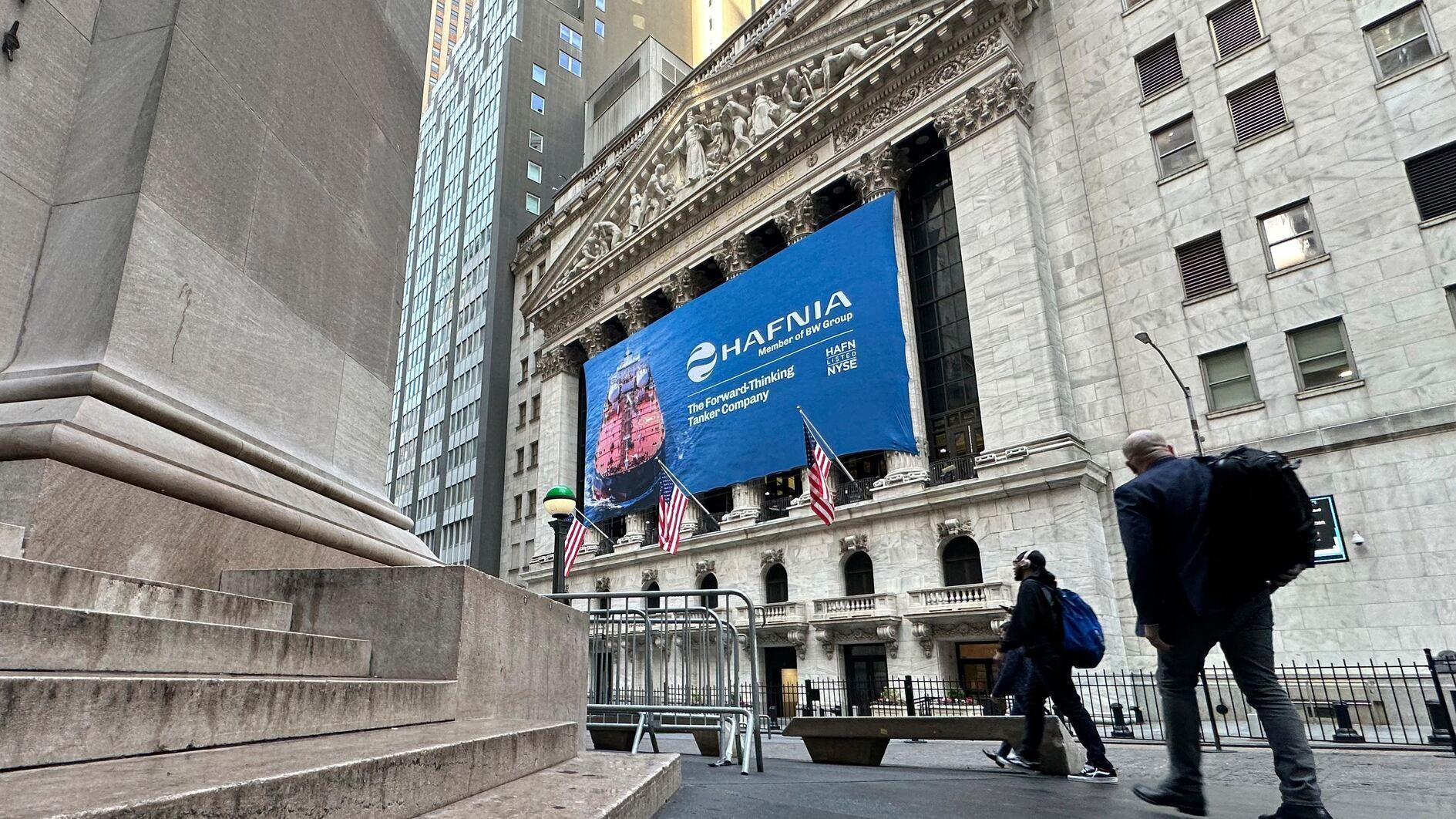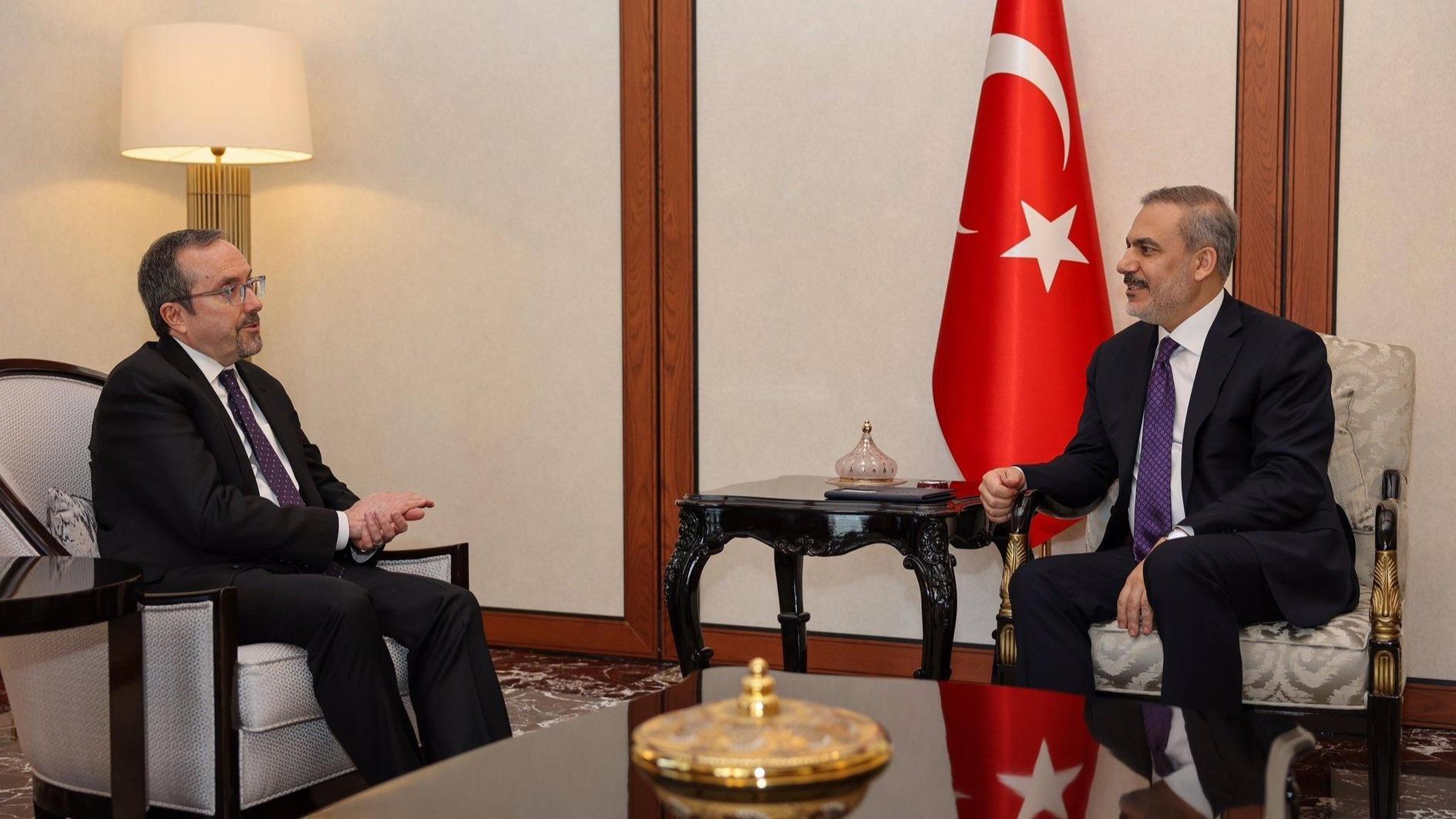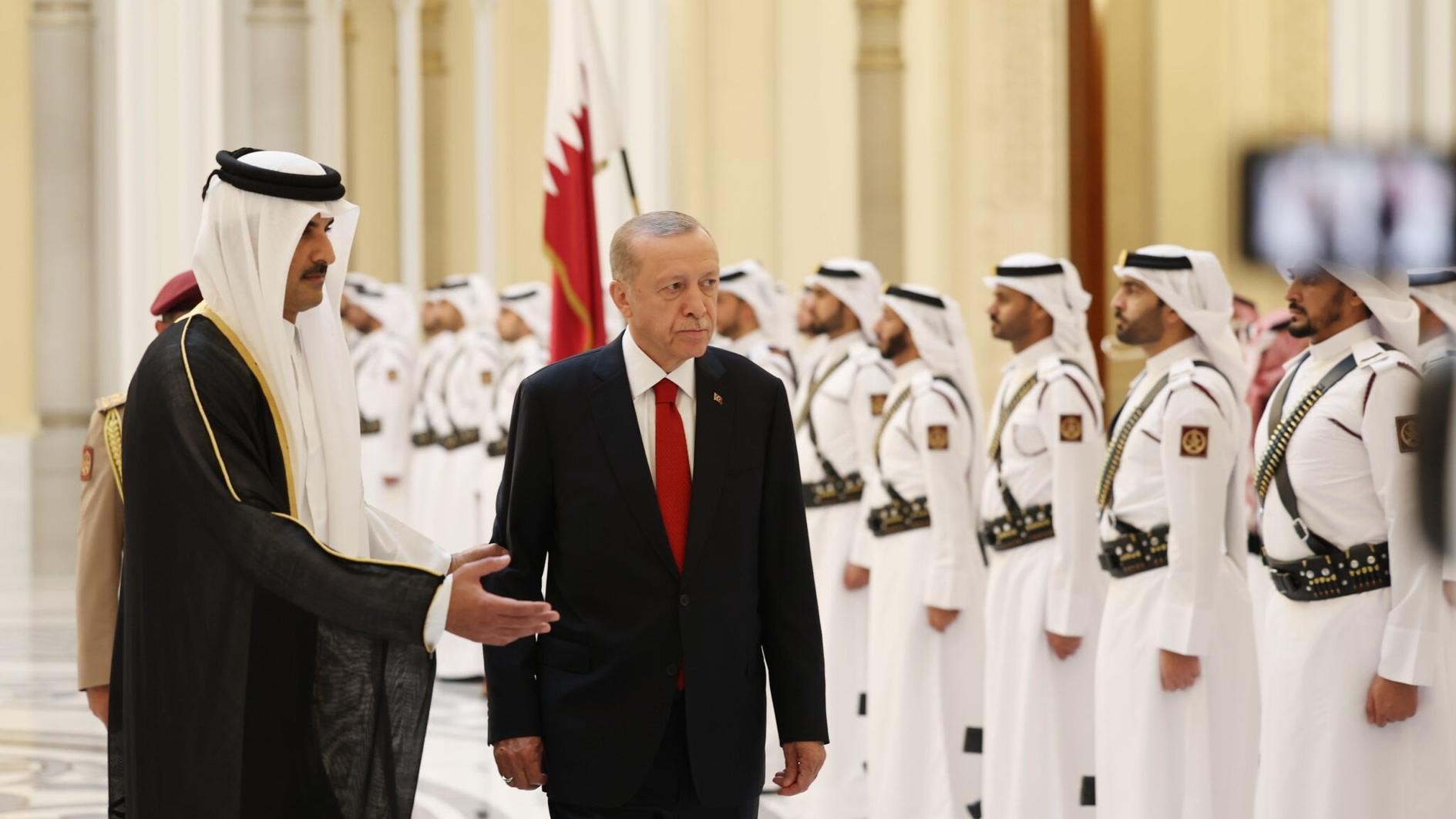Can the Peshmerga save Turkey’s Kurdish peace process?
As millions of people yesterday watched the efforts to save 18 workers trapped in a coal mine in Karaman, hoping to witness a miracle, the journey of 150 Peshmerga fighters through Turkey went somewhat unnoticed.
A convoy of 40 vehicles carrying arms and supplies of the Peshmerga entered Turkey yesterday through the Habur border gate, where it was welcomed with cheers by thousands of Kurds. The “celebrations” continued in the towns that the convoy traveled through, with people carrying flags of Iraqi Kurdistan and the outlawed Kurdistan Workers’ Party (PKK) pouring onto the streets to show their love for the Peshmerga troops. Some were seen carrying posters of the PKK’s imprisoned leader, Abdullah Öcalan.
The Peshmerga troops were on their way to the Syrian Kurdish town of Kobane, which has been under siege by Islamic State of Iraq and the Levant (ISIL) militants for over a month. The Turkish Parliament earlier this month authorized the government to allow the use of Turkish land by foreign troops, and the Peshmerga forces marked the first implementation of that motion.
Kurdish politicians have been linking the situation in Kobane to the ongoing Kurdish peace process in Turkey, arguing that the fall of the besieged city would mean the end of the process and the restart of armed clashes.
So, the joy of Kurds seeing Iraqi Kurdistan forces traveling to save Kobane is understandable, but the images that bear resemblance to the Habur incident of 2009 have led to concerns among other citizens.
In 2009, a process launched by the government to accept eight PKK members and 28 Kurdish refugees from northern Iraq was disrupted by the festive welcome they received in Habur and other towns in the southeast. The incident was perceived as a “PKK show of force,” enabled by the government, and sparked a public outcry throughout the rest of Turkey, eventually leading to the end of the peace initiative that had been ongoing at that time.
The current ongoing peace process was recently hit by the violent Kobane protests on Oct. 6-7, during which more than 40 people were killed. It was also hit by the killing of three PKK militants in Kars and the killing of three Turkish soldiers in Yüksekova last week. Although the PKK denied ordering the hit of the soldiers who were shopping in town in civilian clothes, the government and the military insist that the outlawed group is behind the murders. The funerals of the soldiers have turned into protests against the PKK and the peace process.
At such time of high tensions, the Peoples’ Democratic Party (HDP), the Peoples’ Democratic Congress (HDK), the Party of Democratic Regions (DBP) and the Democratic Society Congress (DTK) issued a statement yesterday calling for mass participation in rallies planned for Nov. 1.
“We call on our people to hit the streets on Nov. 1 with people all over the world in solidarity with Kobane,” the statement read. The protests earlier this month had also started after a call from the HDP, while the party’s co-chair Selahattin Demirtaş blamed “provocateurs” for the violence.
Creating peace after 30 years of armed clashes is a very difficult task and the process should be continued delicately, without offending people on either side of the conflict. There is already a major reaction against the process among Turkish nationalists, who use the violence, the killings, and Kurds cheering foreign soldiers on the streets, as proof of “the government’s total surrender to the PKK and Öcalan.”
Kurdish politicians should realize that they are one side of the peace process, and that labeling anyone who has concerns about the process as a racist and an enemy of the Kurds is not helping their cause.
If the arrival of peace is dependent on Peshmerga forces saving Kobane, the process must have already collapsed.











